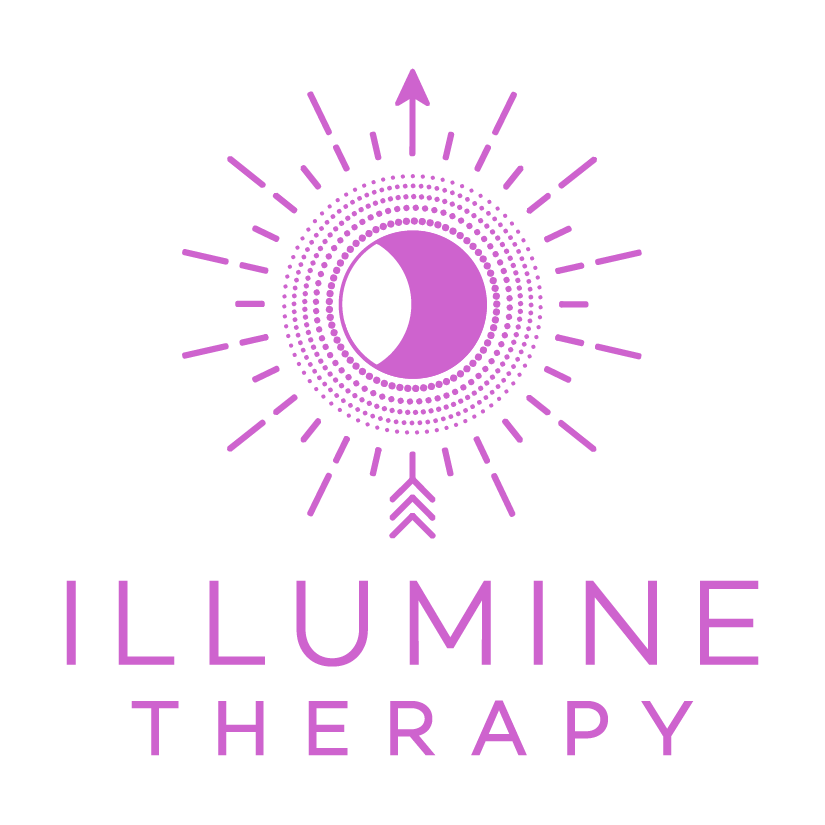Experiential Avoidance and How It Impacts Trauma
You find yourself going out of the way to avoid experiences reminding you of a traumatic event that occurred in your life. You end up turning off the radio when a specific song comes on, driving a mile out of your way to avoid a particular building, or meditating for hours to try to avoid uncomfortable experiences and emotions.
This response seems like a practical, understandable course of action. After all, who would want to go back to the place where terrible memories originated? Why would someone want to expose themselves to trauma triggers purposefully?
After going through the pain of trauma, our instinct becomes one of self-preservation. We don’t let ourselves encounter anything that could spark additional anxiety tied to trauma to protect ourselves. And this approach is a natural, normal reaction.
What if you could heal faster from traumatic events by confronting them instead of avoiding reminders? It helps to understand why experiential avoidance is not as helpful as it may initially seem.
Avoidance Narrows Our World
Experiential avoidance is just what it sounds like — avoiding any experiences that might make us relieve traumatic events or emotions.
With time, we may begin to associate anything even remotely related to these reminders with trauma. And so we narrow our world even further. When we do this, we reinforce the belief that we are fragile and unable to heal from our trauma. As our world shrinks, so does our confidence and happiness.
Avoidance Can Lead to Unhealthy Behaviors
Addiction specialists know that most individuals struggling with addiction begin using as a way to numb emotional pain. Essentially, an addiction “helps” us avoid having to experience emotional discomfort. We can push it aside by altering our feelings through substances, food, gambling, sex, shopping, or excessive screen time like Instagram or Netflix. But we end up burdened with more than our original trauma when this happens.
Instead, we become involved in the pain and mess of unhealthy behaviors and their effects on our relationships, health, finances, and career. Finding a way out of this can be even more difficult than confronting our trauma triggers.
Avoidance Hinders Healing
The more we avoid trauma reminders, the more we reinforce the (false) belief that we are incapable of dealing with our pain and finding healing. While it is genuinely very understandable that someone naturally will run and hide from anything that stirs up trauma, we need to learn how to stop and reprocess this reaction. (This point is often where counseling can come in.)
Avoidance can stop us from experiencing those things that could fill us with joy and laughter, bond with others, and build our confidence. When we avoid uncomfortable situations, we send ourselves the wrong message because it strengthens our brains' pathways that tell us we are weak and incapable.
You could almost say that experiential avoidance leads to self-fulfilling prophecies. Something that wasn’t true becomes true because we end up living our lives in such a way that we make it real.
But it doesn’t have to be this way.
How to Encourage Recovery
Even if you realize that you have been practicing experiential avoidance for a very long time, it’s never too late to turn around and take a new path. The human brain is amazingly flexible and powerful. Your neural pathways can be changed and renewed.
When it comes to healing from trauma, this process can take several different approaches. Learning to sit with your emotional discomfort and stop avoiding triggers is key to this process. But you don’t have to do it on your own, and you don’t have to do it all at once. You can take baby steps and work up to it. The more you do it, the easier it becomes.
If you are ready to start your path of healing, please reach out to my office today or visit my page about Trauma and PTSD. We can navigate this journey together.

